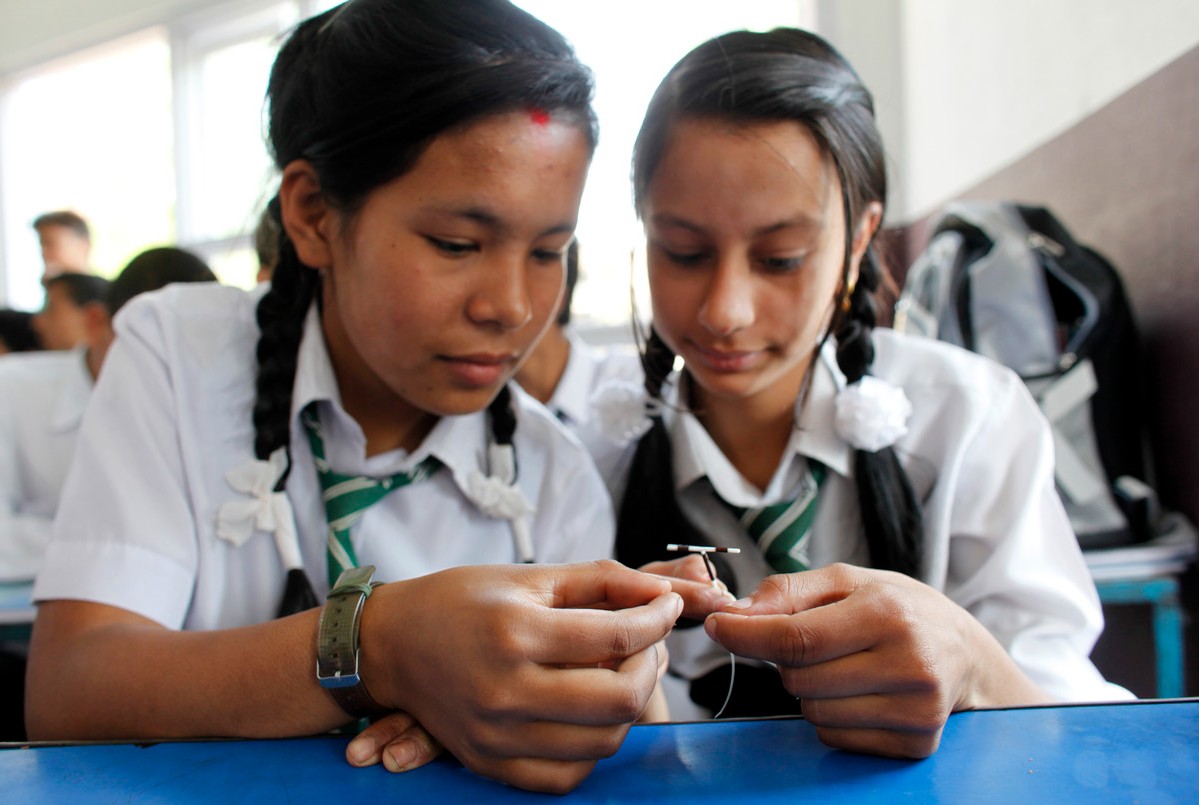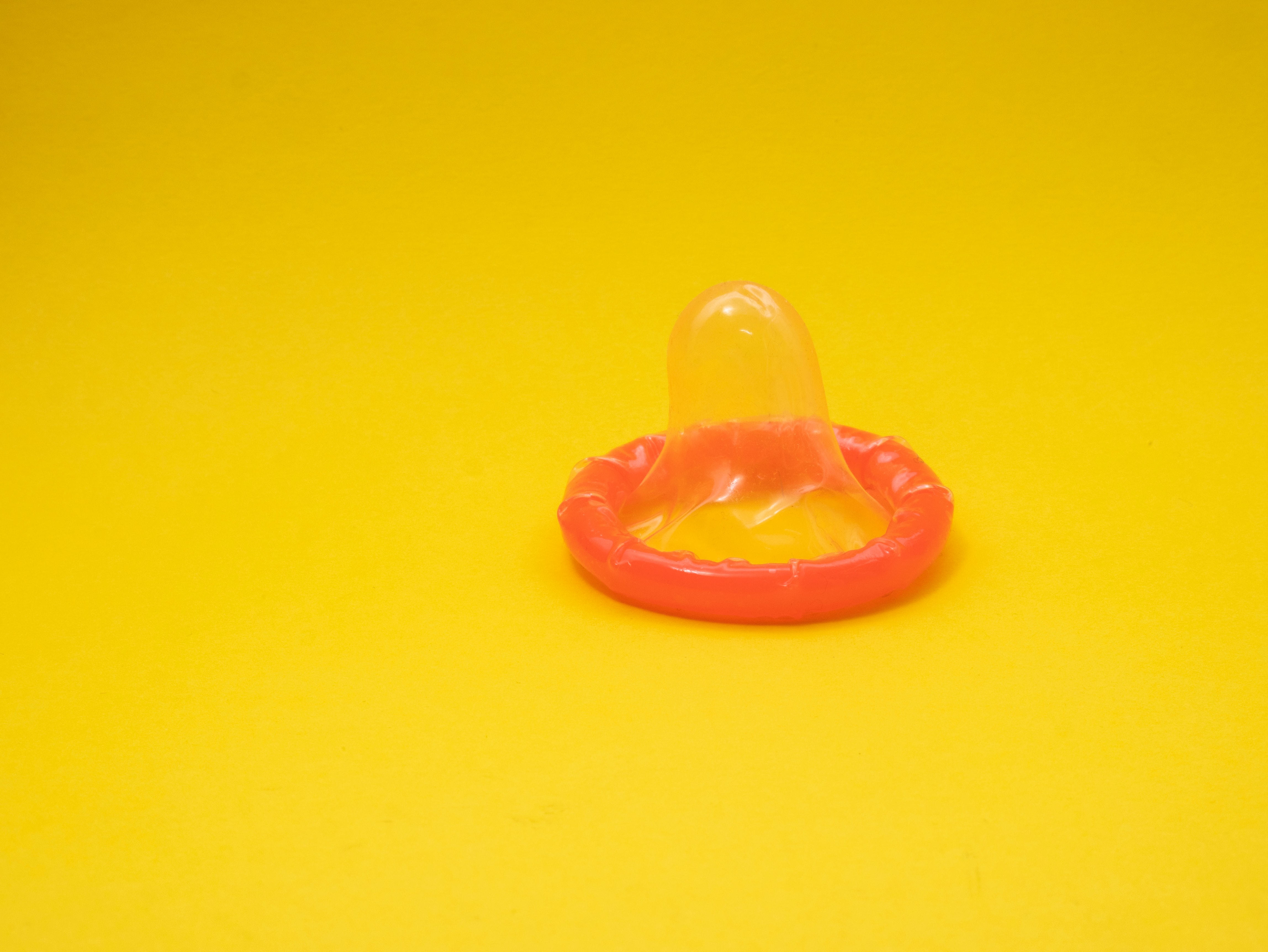There’s a good chance that you’re reading this because you are unsure of what pre-ejaculate (also known as pre-cum) fluid is, and if it can cause pregnancy. If you regularly use withdrawal as a contraception method, pre-ejaculate fluid is something you may want to know more about, especially if you are not planning a pregnancy or are worried about HIV and STIs.
Read a quick round-up on the important things you should know about pre-ejaculate fluid. You can also watch our short animation on the effectiveness of the withdrawal (or ‘pulling out’) method.
Pre-ejaculate is a natural lubricant
Pre-ejaculate is a fluid that is discharged from a penis when it’s aroused and usually occurs right before ejaculation. The fluid acts as a natural lubricant during sex.
It contains sperm
Even though pre-ejaculate fluid comes from the ‘Cowpers gland’ (and not from testes like semen), some fluid can contain live sperm. A number of researchers believe this is a ‘cross-contamination’ from semen that may be present in the urethra from a previous sexual encounter, as both the pre-ejaculate fluid and semen pass through the urethra.
It can cause pregnancy
Although the chances of pregnancy from pre-ejaculate fluid is relatively low and can vary from person to person, 27% of those who use withdrawal as a regular form of contraception end up with a pregnancy.
It can transmit STIs, including HIV
Pre-ejaculate fluid can carry bacteria and viruses. Using the withdrawal method will not protect you from STIs, including HIV. If you are unsure of your partners’ status, consider another form of contraception.
Men cannot control when it happens
Most men cannot tell when they have pre-ejaculated. Withdrawal takes a lot of self-control, and in the heat of the moment, that can be a little difficult! So if you want to reduce the risk of STIs and HIV, and you’re not planning a pregnancy, you may want to use alternative contraception methods like the external condom or an IUD.
To find out more about alternative contraception methods available to you visit our online guide to find the right option for you.
when
Subject
Contraception












